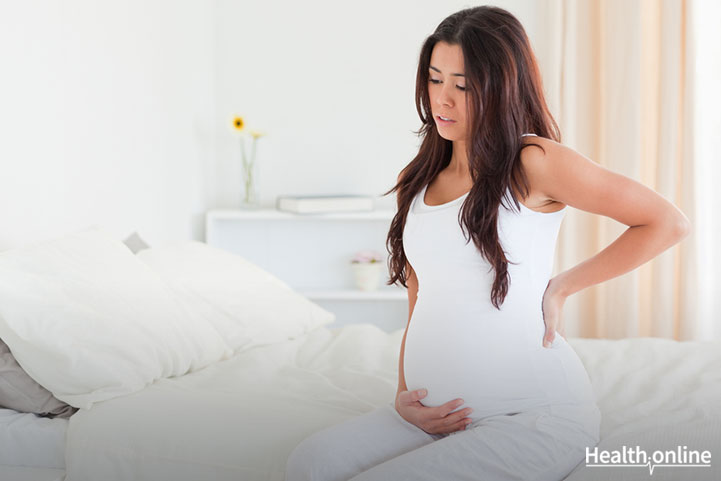
Tips to Handle Back Pain in Pregnancy
Pregnancy is physically demanding. A growing fetus along with amniotic fluid exert a considerable amount of pressure on the abdomen and the surrounding organs. The resultant pressure falls on the lower back predominantly – on the sacroiliac joint, and this causes lower back pain. Usually, lower back pain can be self-resolving, as the fetus grows and occupies a higher position, but sometimes the pain can acute, especially if you have had a sedentary lifestyle. Muscles tend to be weak in this case and don’t provide much support, forcing the bones and joints to take up the pressure.
Causes of lower back pain in pregnancy
Apart from all the initial signs , growing fetus and the weight gain, there can also be other causes- namely stress, changes in posture, hormonal changes, and muscle weakness.
- Emotional stress leads to lower back pain due to increase in muscle tension. The pain will be exaggerated when the stress increases.
- Postural changes are common in pregnancy as the centre of gravity of the body shift more forward, which strains the back. There is always a slight postural correction in the spine during pregnancy. If the postural correction is high, it exerts a significant pressure on the lower part of the spine and the surrounding joints.
- A hormone called relaxin is released during pregnancy to loosen the pelvic muscles and prepare the body for labor. The same hormone may also loosen the muscles of the spine leading to more pressure along the length of the spine and subsequent lower back pain.
- People who don’t exercise regularly will have a weak core and weak abdominal muscles. These muscles may separate as the fetus grows, which augments the pressure borne by the back.
- It may also be due to preterm labor.
- Weak bones due to osteoporosis/osteoarthritis may also lead to low back pain.
Preventive measures against low back pain
Lower back pain can be handled if you follow certain preventive measures before conception. Stay healthy and increase your muscle tone through regular exercises – especially for the core, pelvis, and back. This preparation would help you handle the pressure exerted by the growing fetus on the spine. Some of the recommended exercises are swimming; medium paced walking, stationary cycling, and doing abdominal exercises. Your physical trainer, or physiotherapist, can help you with this. Don’t use high heels while you are pregnant, and make it a habit of squatting to pick things from the floor instead of bending over. All these precautionary measures will aid in straining your back much lesser.
How to handle lower back pain during pregnancy?
Lower back pain is best handled by finding out its cause. Depending on the cause, treatments vary:
- If the lower back pain is due to stress, visit a psychologist who can teach you relaxation techniques.
- Improve your posture through conscious correction while sitting, standing, walking and working.
- Sit up straight while working, use back support while walking or doing other activities, lie one-sided on a flat surface and place pillows between your knees.
- Since you spend a lot of time sleeping, keep a tab on what posture you sleep in. Lying flat may augment back pain.
- Exercise for pregnant women can be of great help. Low impact exercises like walking and swimming help in strengthening the core and the lower back. Yoga can be of great help. Take the help of a yoga instructor to design exercises for you.
- Using a hot water bag can provide immediate relief, but you should not place this on the anterior abdominal wall. Taking medications on your own is also not advisable, as some of the drugs may be teratogenic and could be harmful to the fetus.
When to visit a doctor?
A doctor’s help is required when the lower back pain does not subside after taking all the mentioned measures. Sometimes the pain keeps on increasing, which warrants the intervention from a physician, especially when you suffer from other conditions like osteoporosis and osteoarthritis.
If you plan properly before hand, you can avoid back pain to a large extent. Furthermore, finding out the correct cause of your back pain would help you decide on the course of action you need to take, and help you have a healthy pregnancy.




